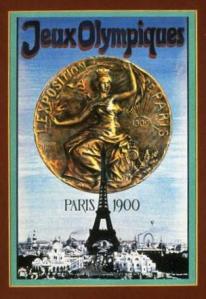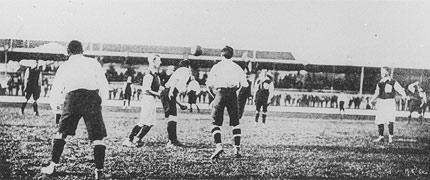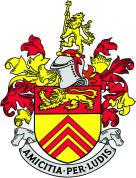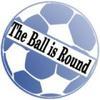 Cast your mind back 111 years. The date is 20th September 1900. The place, The Vélodrome de Vincennes in the south east of Paris. In front of a crowd of approximately 500 locals the Great British football team had just beaten their French counter parts 4-0 and in the process won Gold in the first Olympic games of the modern era.
Cast your mind back 111 years. The date is 20th September 1900. The place, The Vélodrome de Vincennes in the south east of Paris. In front of a crowd of approximately 500 locals the Great British football team had just beaten their French counter parts 4-0 and in the process won Gold in the first Olympic games of the modern era.
What would we give for a similar result in a year’s time? Well one thing is for certain, the circumstances behind the event will be significantly different.
The 1900 Summer Olympics were notable for being rather different from the ones we can expect next year. For a start the games opened on 14 May and did not finish until 28 October. And then there was the events themselves. We may scoff at events such as Beach Volleyball and BMXing, but back in 1900 we had ballooning, cricket (England beat France), Basque Pelota and my personal favourite the 200m swimming obstacle race (Gold won by Great Britain’s Frederick Lane). And there was the shortest Olympic event – the Tug of War – where a combined Danish/Swedish team took Gold from the French in a competition that took 3 minutes 12 seconds from start to finish.
But let’s get back to the football tournament. As opposed to picking the best players of the time, the Football Association decided to ask Upton Park FC to represent Great Britain. Quite why they picked a Non League side who just a few years before had disbanded is a mystery that time and tide has erased. Their main claim to fame was being one of the original 15 clubs invited to play in the inaugural FA Cup competition in 1872 although they never got further than the quarter finals. What is clear though is despite their name, they had nothing whatsoever to do with West Ham United, and thus whilst we would love to complete the whole Olympic ring with their move to the Olympic Stadium, but we can’t. What is clear is that the club did play in the area now home to the Hammers. Their ground was in West Ham Park, about 1/2 mile from the current Boleyn Ground and less than a mile from the new Olympic Park.
Sounds an impressive achievement doesn’t it? Well let’s look at the truth. Football had been introduced into the games as a Demonstration event. Originally the tournament was to feature five nations – France, Belgium, Switzerland, Germany and Great Britain. Right up until the day of the first game it was expected to be a five way contest but for some reason the Germans and the Swiss didn’t bother sending teams so instead it was decided that it would just be a three team tournament.

At the time the team weren’t actually awarded any medals or even a cup. Some years later the IOC awarded the club the “honour” of a gold medal, but as they had finally disbanded in 1911 nobody actually knows what happened to any award. As it was a demonstration event they probably just had a cup of tea and a cucumber sandwich or two before they returned back to Blighty.




